Germany won’t give in to every Kiev demand, Scholz says, as battles rage in Luhansk
German Chancellor Olaf Scholz has reaffirmed his country’s policy on Ukraine, saying Berlin will help Kiev but won't give in to every demand, as the conflict rages on in eastern Ukraine.
In a televised address on Sunday, marking the anniversary of the end of World War II, Scholz said Germany and its allies have imposed unprecedented sanctions on Moscow and delivered weapons to Ukraine, but it “won’t simply do everything that one or the other demands.”
"At the same time, we won't simply do everything that one or the other demands," he said. "Because I swore in my oath when taking office that I would prevent Germans from suffering any harm."
He said the date has assumed a special meaning this year as two countries that were once victims of Nazi Germany - Ukraine and Russia - are now at war.
There would be no peace dictated by Russia, he said, echoing remarks made by the president of the German parliament, Baerbel Bas, earlier on Sunday.
“Ukraine will prevail,” Scholz said adding that “freedom and security will win, just as freedom and security triumphed over servitude, violence, and dictatorship 77 years ago.”
His remarks came as Russian forces continue efforts to liberate the city of Severodonetsk in Luhansk, formerly an industrial city of 100,000 people, where heavy fighting is underway.
“The heaviest fighting is going on towards Severodonetsk [but] all free settlements in the Luhansk region are hotspots,” Luhansk’s Governor Serhiy Haidai wrote on Telegram on Sunday, adding that there were “shooting battles in [the villages] of Bilohorivka, Voivodivka and towards Popasna.”
Haidai said the fight for Severodonetsk would be aided by incoming weapons from foreign countries.
“It [new weaponry] is arriving now. Only the military will decide when they should use it. But we can see results even now. And new military supplements can change the course of the war here in Donbas.”
Ramzan Kadyrov, the president of Russia’s Chechen Republic, on Sunday declared that his troops had seized control of most of the eastern Ukrainian city of Popasna.
“Fighters of the Chechen special forces … have taken most of Popasna under control,” Kadyrov wrote in a post on Telegram, adding that “the main streets and central districts of the town have been completely cleared.”
The governor of the Luhansk region confirmed the reports, saying Ukrainian troops had retreated from the city of Popasna, despite Oleksiy Arestovych, an advisor to Ukrainian President Volodymyr Zelenskyy, earlier saying that a fierce battle for the town was still underway.
Luhansk Governor Serhiy Gaidai told Ukraine television that Ukrainian troops had retreated to take up more fortified positions, adding, "Everything was destroyed there."
Lately, Russia has focused its offensive in the eastern Donbas region, including Luhansk and Donetsk, where Moscow-backed separatists have been fighting a battle of liberation since 2014.
The most intense combat in recent days has taken place in eastern Ukraine, with Western weapons aid to Ukraine fueling the conflict in the region.
Russia launched a military operation in Ukraine in late February, following Kiev’s failure to implement the terms of the Minsk agreements and Moscow’s recognition of the People’s Republics of Donetsk and Luhansk.
Russian President Vladimir Putin said one of the goals of what he referred to as a “special military operation” was to “de-Nazify” Ukraine.
IRGC, Army launch fresh waves of missile strikes against Israeli, US targets
Red Crescent Society: 555 people killed across Iran in US-Israeli onslaughts
Operational concerns delayed US-Israeli aggression against Iran for a week: Report
Iran slams Israeli attacks on Lebanon, warn UNSC’s inaction to embolden regime
Iran says has ‘no choice’ but to fight back, holds no enmity toward American people
Bahraini police assaults crowds mourning loss of Ayatollah Khamenei
Iran posed no imminent threat to US: Pentagon tells Congress
Iran will hold no negotiations with US: Larijani


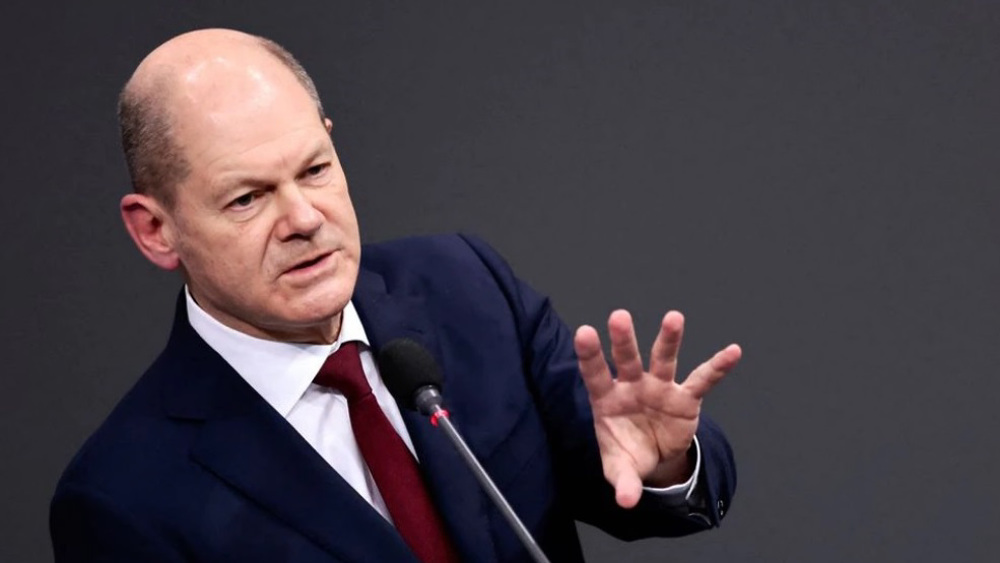
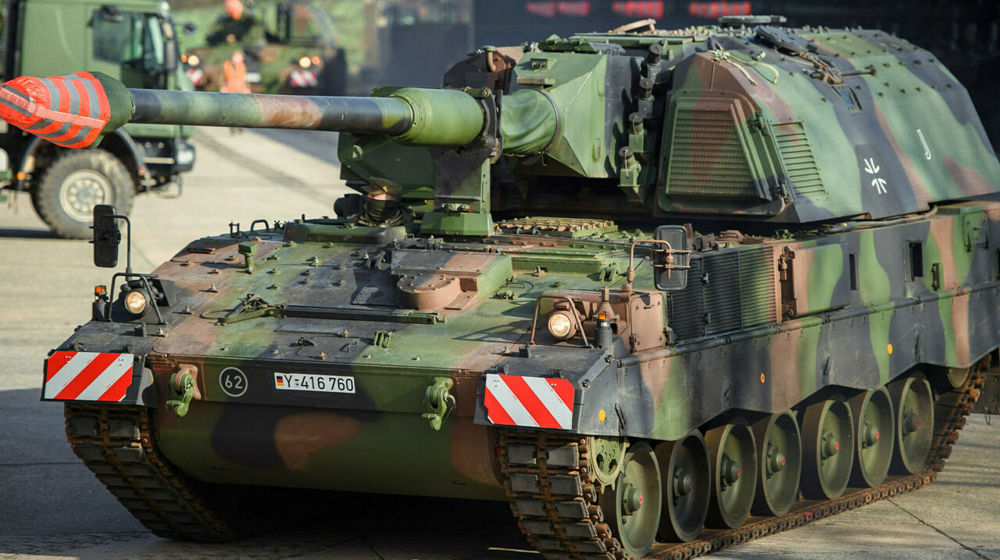
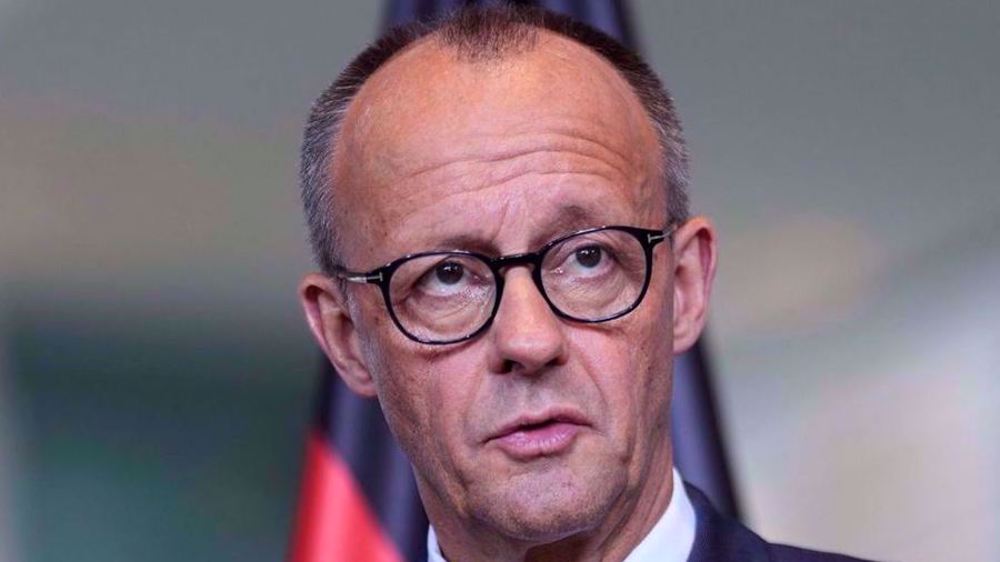

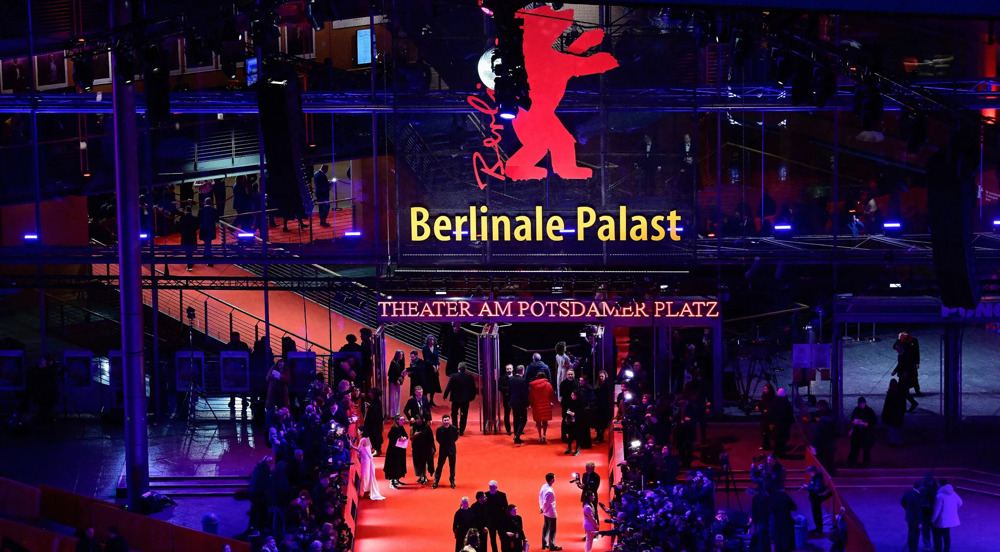



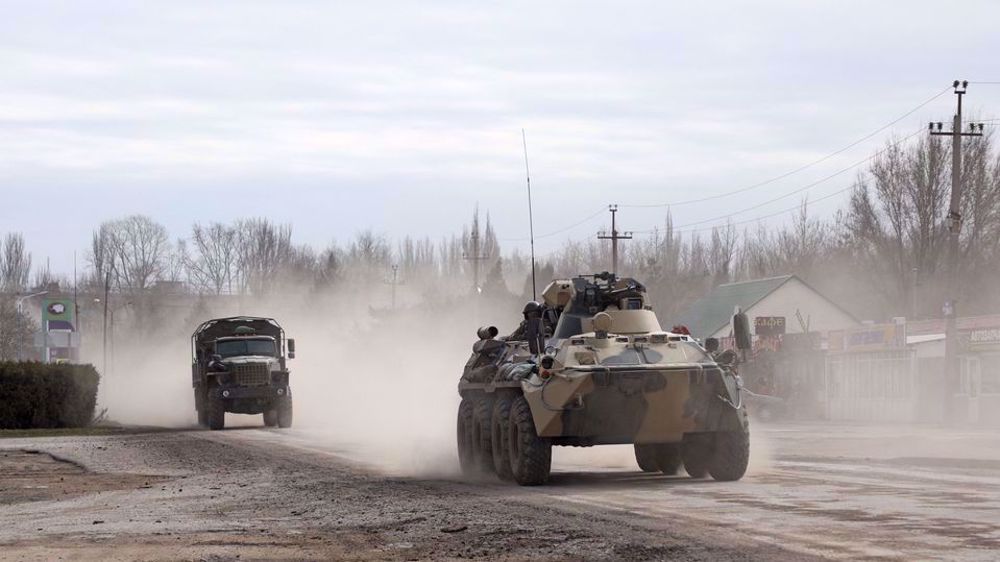
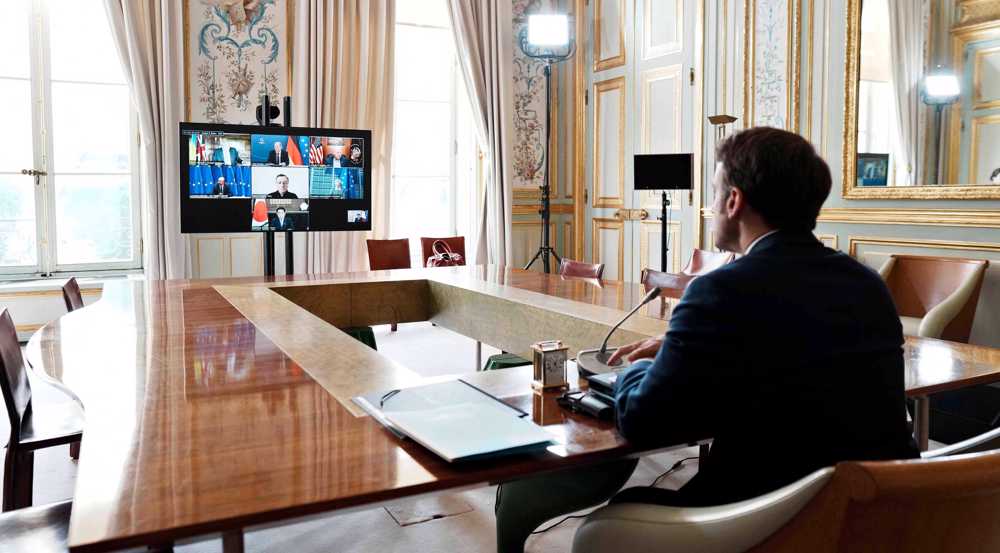
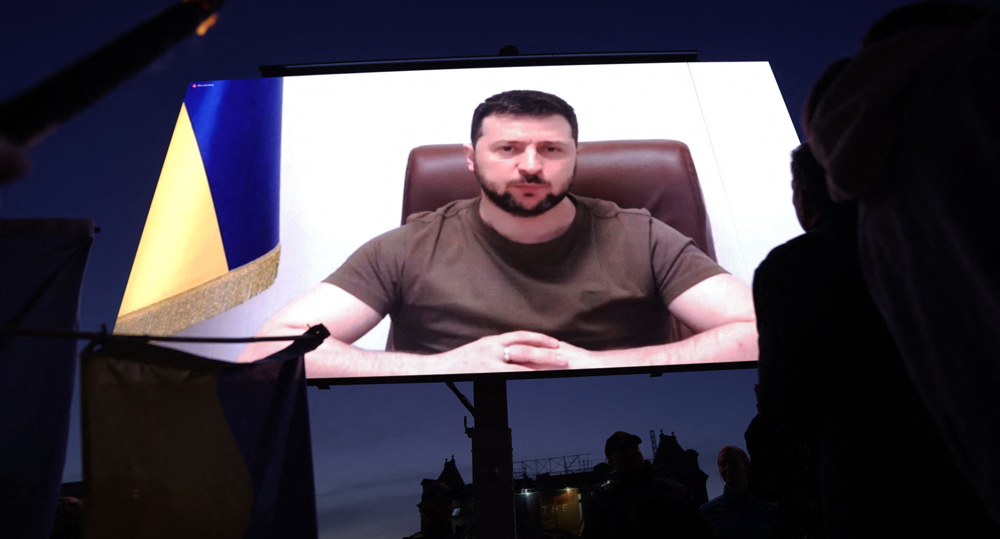
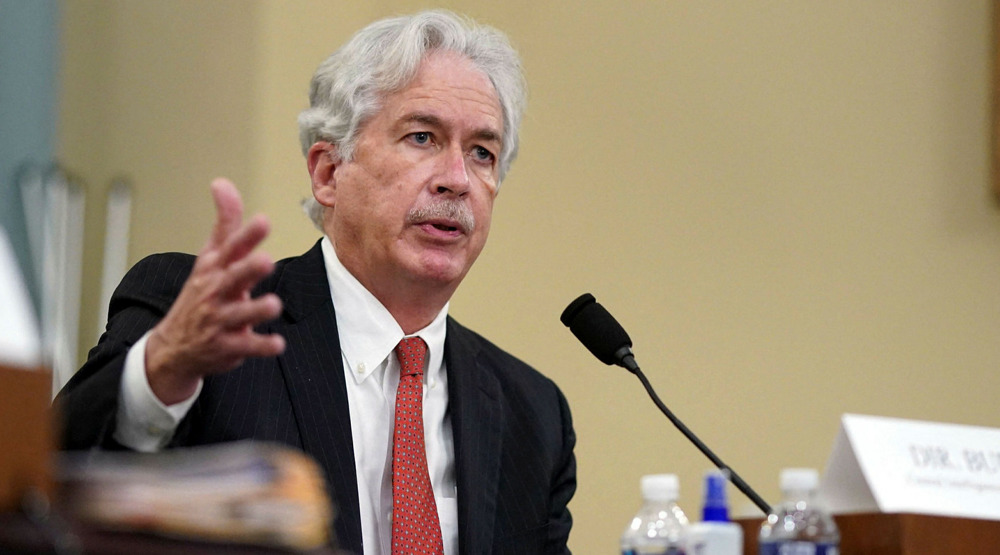
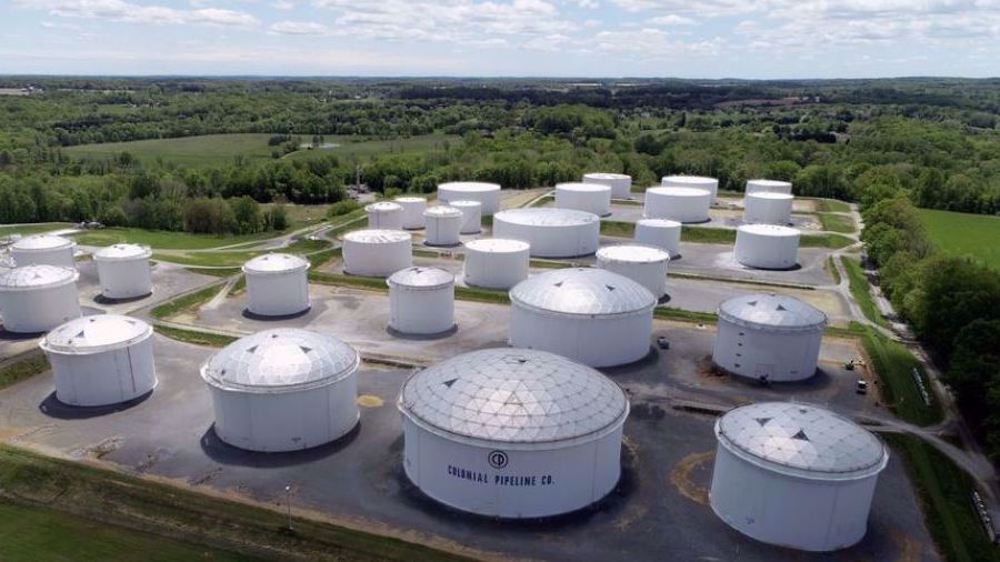

 This makes it easy to access the Press TV website
This makes it easy to access the Press TV website